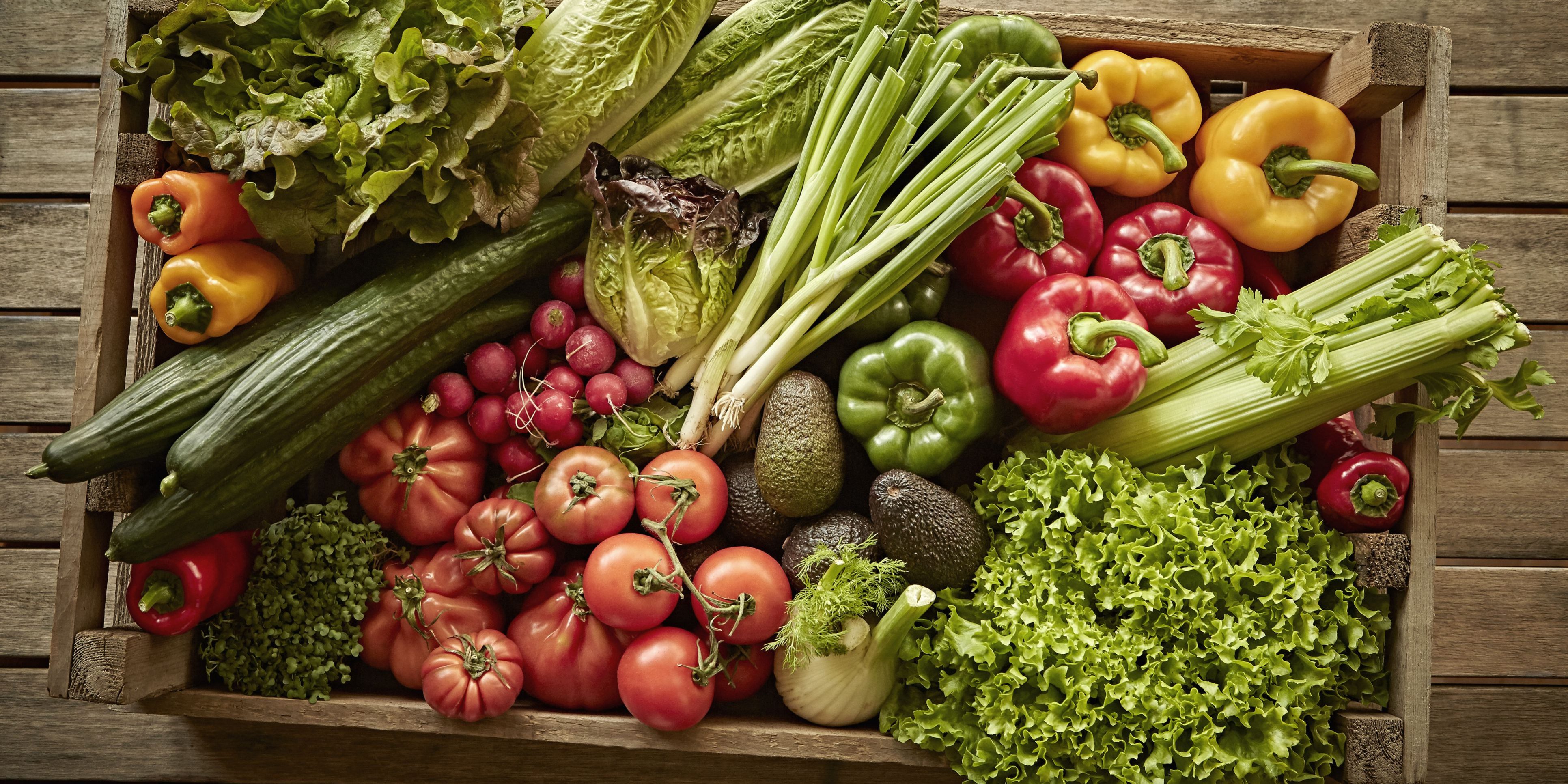Renette Hiepner
About
Sustainable Farm Living
Creating a more simple, self sufficient life for families who lost their jobs, to be able to live and be self sustainable.
South Africa has struggled to create new jobs and alleviate poverty the past few years
Job creation and self sustainability has become paramount for those living on the poverty line.
A life in which we can grow and preserve most of our food, build and create more of what we use, and follow our passions of becoming self-sustainable by gardening, cooking, canning, cheese making, drying, making jams, compost heaps, mentorship programs i.e. livestock, planting of crops, water- and wastewater management and all things DIY.
The 5 year plan includes micro farming, vegetable tunnels and solar panels just to name a few.
Step 1 is to be able to purchase land with infrastructure , close to water (or boreholes) so we can start the program. Some will attend agricultural courses as we have the necessary contacts identified.
We have identified a suitable area, where there are already something similar in the surrounding area.
Affordable housing can be put up as we start growing. Joining families will be taught skills as mentioned above. By creating a safe haven we will enrich and educate as well as giving families life skills needed.
Why this project?
With the outbreak of Covid many many families are stuck without an income. The need for affordable food and housing grows daily. The food prices rises on a regular basis. Many families are willing to work, but can't find a job in the current South African economic crisis. These families has been without an income for a few months, even years, with no income.
With first hand experience in not having an income in our household for 4+ years, we learned quickly to work with our hands, and to plant veggies for our own household's use.
The space available in our backyard however is just not enough, and we started to make use of other people's ground which didn't work as there are no control over your produce and live stock because you are not there 24/7 and the interested families are living to far from each other to really make a difference on a big scale.
The vision:
To give purpose, education and value to industries and families
Apart from the veggies and livestock, to be self sustainable, the idea is to create jobs:
1. Sell our produce to locals as well as offer a delivery service to families in the nearby town
2. Host workshops in various areas eg. farming / canning / cheese making / arts and crafts to
3. Offer Sponsored Fresh Veggie Hampers that can be gifted to individuals
4. Offer School Holiday programs to youngsters to learn about producing food
The goal - 100% organic Food
It is not a Trend anymore – It is a Lifestyle!
Organic means working with mother nature. It is about animal welfare, less or no usage of pesticides. Environmentally sustainable management of the land and nature. Organic farming aims to maintain the necessary levels of biodiversity.
Organic foods are healthier, more nutrient rich and more flavorful.
No antibiotics or growth hormones are fed to animals and no chemicals are used to kill pests or weeds.
 ?
?
We need your support to make this happen and give some HOPE to families in distress.
Food and housing is a complex challenge in our surroundings
Initial funds will be used to purchase land / property, seeds, farming equipment to plant as well as livestock to become self sustainable.
We need food for the animals, and we will need to buy food and necessities for ourselves for the first few months until our produce are ripe and ready for market..
Help me build a :
kibbutz
[k?'b?ts]
NOUN
- a communal settlement, typically a farm.
synonyms:
community · colony · outpost · encampment · trading post · post · village · hamlet · commune ·
Initial layout amounts to R 5 000 000.00
I am a 50 year old, living in Gauteng, South Africa
I have been working with my hands for many years.
After school I started a career in IT. I have a Novell and Cisco qualification, as well as a Bachelors Degree
When I was in my 30's we bought a coffee shop, and after that we bought a Motorcycle shop.
My husband is an Auctioneer and worked in Game and Livestock before being retrenched.
After his retrenchment we started with wood working and handyman services.
We installed cupboards as part of the business.
I bought a CNC machine (which I operated myself) as well as a sublimation press and made some arts and craft items which we sold on local markets.
We bought some sheep and gained experience in sheep as well as cattle (to a lesser degree). My husband has experience in working with buffalo.
He is currently working as a farm manager setting up camps for the cattle and doing various farm work
Together we attended a NQF4 course in Water and Waste Water Reticulation.
We are both very healthy and capable of hard work
